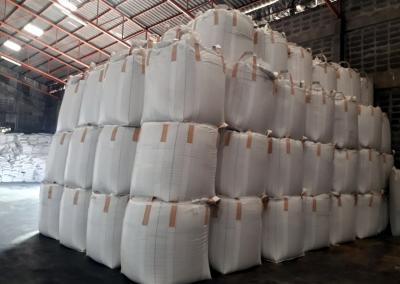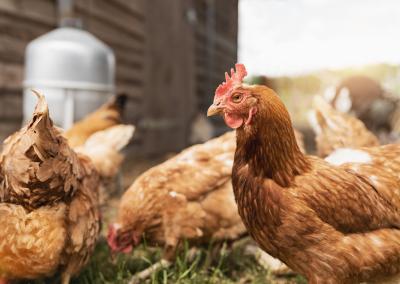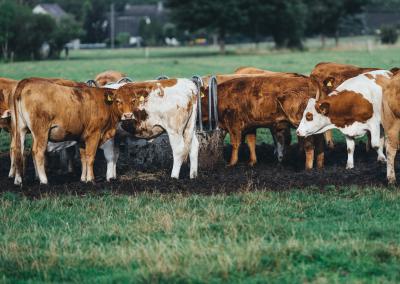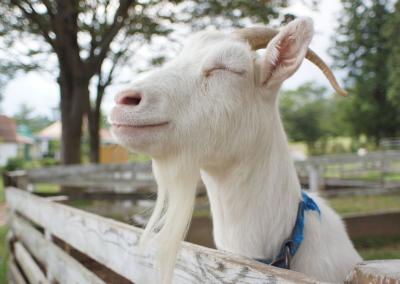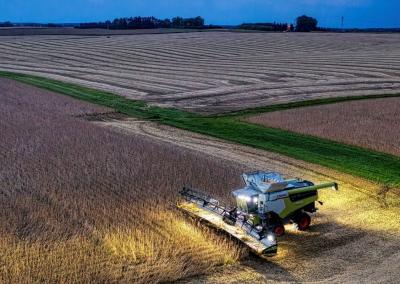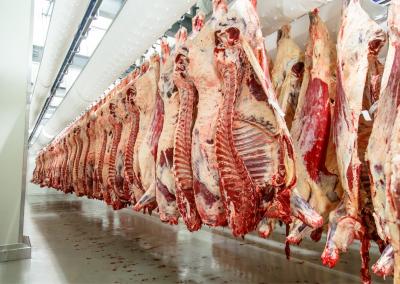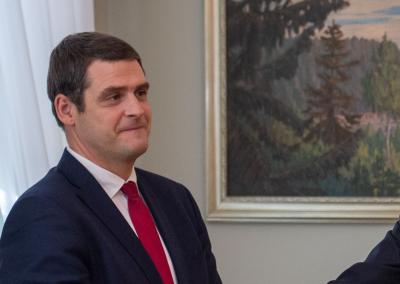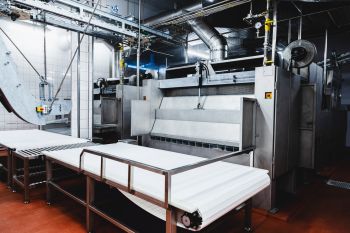Auga Group's application for restructuring proceedings is granted
The Vilnius Regional Court has accepted the petition of Auga Group, one of the largest organic food producers in the Baltic States, which is experiencing financial difficulties, to open a restructuring case, the company announced on Tuesday.
The group's shareholders on 4 December approved its draft four-year restructuring plan and ordered the company's board to finalise the plan. It is expected to be drawn up and agreed in the first half of 2025, subject to shareholder and creditor approval.
More than 20 other „Auga Group“ companies have already applied to the courts for restructuring. Kęstutis Juščius, Chairman of the Board of Directors of „Auga Group“, said on 7 December that the process will give time to properly meet the obligations to all creditors and maintain the strategic operations of the companies in the regions.
He said that following the announcement of the restructuring of the parent company, some of the banks financing the companies had decided not to extend or renew the maturities of their loans.
The restructuring plan was made public at the end of November. The parent company plans to double its operating costs by 2027 and to divest some businesses and assets. The group plans to merge or close up to 60 companies.
The Group's cost-cutting programme is expected to reduce costs by a factor of 2.1 by 2027 compared to 2023, from €13.9 million to €6.5 million. In addition, it plans to sell some of its businesses or individual production activities located away from its main operating centres and to use the assets required for its operations on long-term leases.
„Auga Group“ also plans to optimise the activities that remain at the core of its businesses, such as crop production, livestock, mushroom cultivation, the supply of finished products, to divest unprofitable land and to pursue conventional production.
It will also seek to accelerate the recruitment of new businesses, such as biomethane production, which is expected to generate gross profits of up to €2.4 million annually, and the use of more sustainable feeds developed by the Group in livestock farming.
K. Juščius has said that the restructuring was initiated following financial challenges caused by inflation and rising production costs, volatile prices of organic raw materials.
He said the group will stop developing innovative agricultural technologies and engage in normal agricultural activities, as well as lay off staff.


